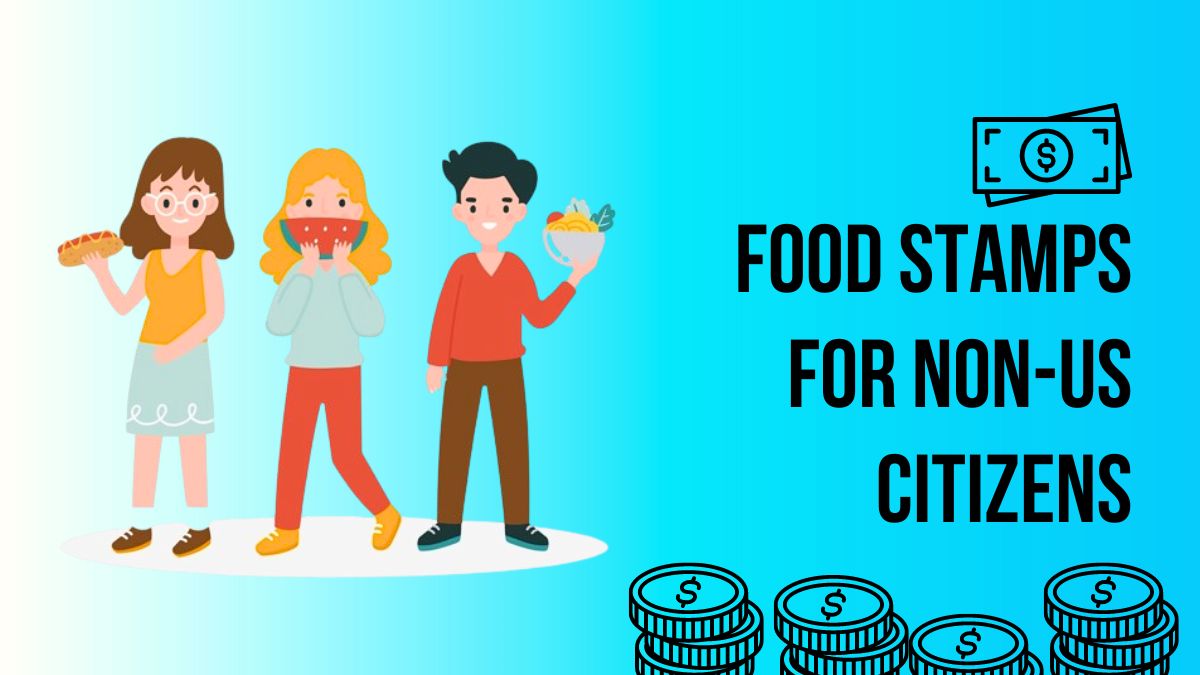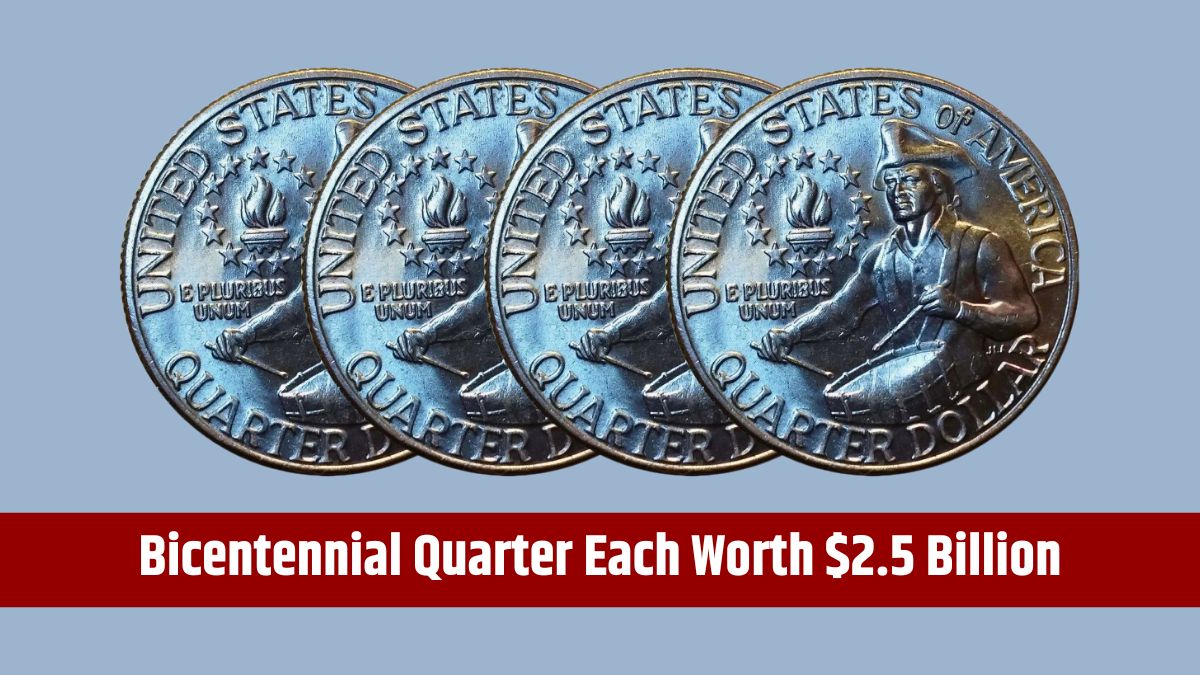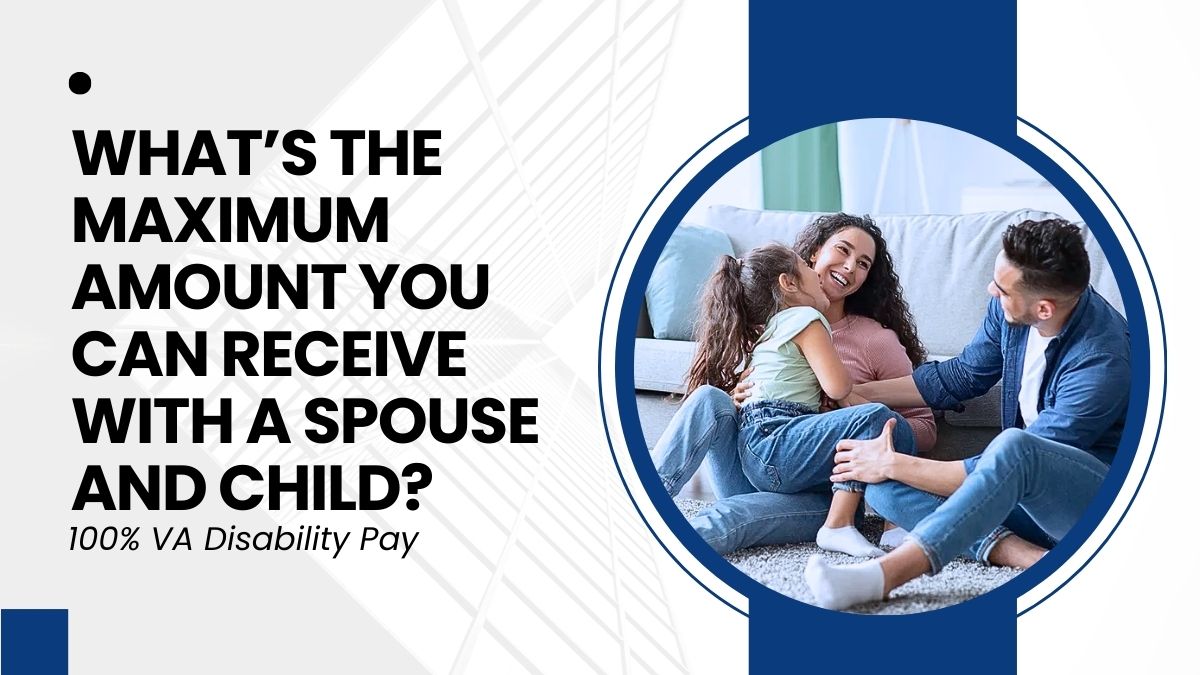The Supplemental Nutrition Assistance Program (SNAP) is a crucial lifeline for millions of people in the United States, including certain non-citizens. However, navigating eligibility requirements can be challenging, particularly for non-citizens. Knowing who qualifies, what restrictions apply, and how the system works can make all the difference in accessing this vital support.
How SNAP Works
SNAP, managed by the United States Department of Agriculture (USDA), provides financial assistance to help low-income individuals and families purchase food. Recipients receive funds through an Electronic Benefit Transfer (EBT) card, which operates much like a debit card.
This card can be used to buy a wide range of food items, such as fruits, vegetables, dairy products, meat, and non-alcoholic beverages. However, it cannot be used for non-food items, alcohol, tobacco, vitamins, supplements, or hot prepared foods, with limited exceptions for elderly or disabled individuals.
Who Can Claim SNAP?
SNAP supports approximately 42 million people in the U.S., although this number fluctuates depending on economic conditions, such as during the COVID-19 pandemic or following natural disasters. While U.S. citizens make up the bulk of SNAP beneficiaries, certain non-citizens can also access these benefits under specific conditions.
Eligible Non-Citizens
Non-citizens who are lawfully present in the U.S. may be eligible for SNAP, provided they meet the program’s financial and non-financial criteria. However, undocumented non-citizens, tourists, and students are ineligible for SNAP benefits. Here’s a breakdown of the non-citizen categories that can qualify for SNAP:
- Refugees and Asylees: Individuals granted refugee status or asylum are immediately eligible for SNAP.
- Victims of Trafficking: Those who have been trafficked and are recognized as such under federal law can claim SNAP benefits without delay.
- Certain Immigrant Groups: Amerasians, Cuban and Haitian entrants, Iraqi and Afghan Special Immigrants (SIV), and individuals granted withholding of deportation are also immediately eligible.
- Native Americans Born Abroad: Certain American Indians born outside the U.S. can claim SNAP, as can Hmong or Highland Laotian tribal members and citizens of the Federated States of Micronesia, the Republic of the Marshall Islands, and the Republic of Palau under the Compacts of Free Association (COFA).
Waiting Periods
Not all non-citizens qualify immediately for SNAP benefits. For some, there is a five-year waiting period after obtaining their lawful status. This group includes:
- Lawful Permanent Residents (LPR) or Green Card holders.
- Parolees granted entry into the U.S. for at least one year.
- Conditional Entrants under certain immigration laws.
- Battered Non-Citizens who meet specific criteria.
Exceptions to the Waiting Period
Certain non-citizens may bypass the five-year waiting period and receive SNAP benefits immediately if they fall into one of the following categories:
- Children under 18: All children under 18 are eligible for SNAP, regardless of their immigration status.
- Disabled Individuals: Non-citizens who are blind or disabled and already receiving disability benefits may qualify immediately.
- Elderly Non-Citizens: Those who were lawfully residing in the U.S. and were 65 or older as of August 22, 1996, can receive SNAP without waiting.
- Military Connections: Non-citizens with a connection to the U.S. military, such as active duty service members or veterans, are exempt from the waiting period.
- Afghan and Ukrainian Parolees: Recently, Afghan and Ukrainian parolees have been granted immediate access to SNAP due to the specific conditions of their parole.
Knowing the intricate details of SNAP eligibility for non-citizens can seem overwhelming, but knowing the specific criteria can help you determine whether you or your family members qualify for this essential assistance.
If you’re a non-citizen in need of support, it’s crucial to look into your options and seek guidance to ensure you’re taking full advantage of the benefits available to you.
FAQs
Can undocumented immigrants get SNAP benefits?
No, undocumented immigrants are not eligible for SNAP.
Do all children of non-citizens qualify for SNAP?
Yes, all children under 18 qualify, regardless of their parents’ status.
What is the EBT card?
The EBT card is used to access SNAP benefits and works like a debit card.
Are Green Card holders eligible for SNAP?
Yes, but typically after a five-year waiting period unless they meet specific exceptions.
Can I use SNAP benefits to buy hot meals?
Generally, no, but there are exceptions for elderly or disabled individuals.
















